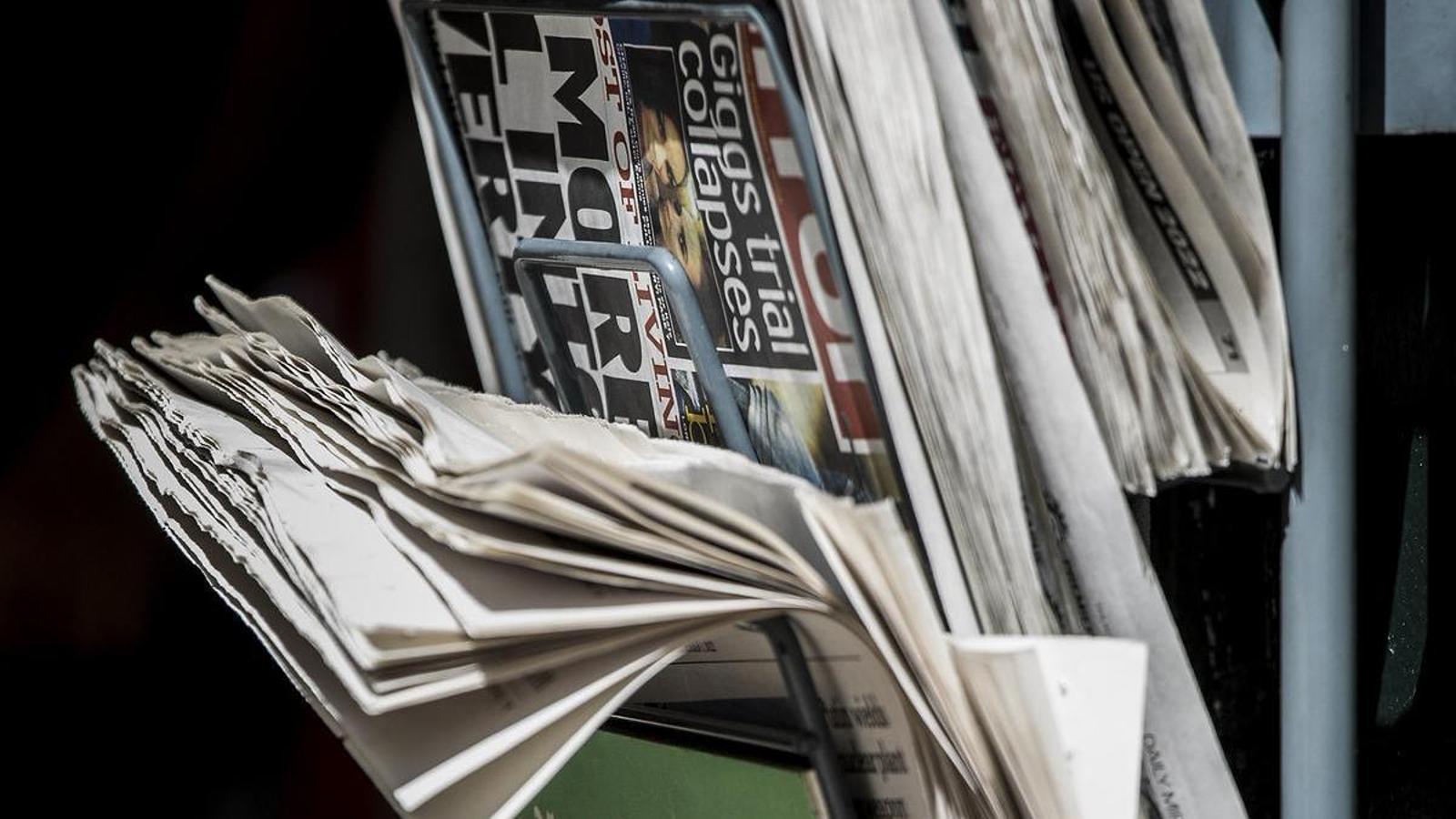The business of disinformation and the law


This August 8th, the European Media Freedom Act (EMFA) came into force.
We live surrounded by eye-catching headlines and promises of exclusives that are hardly exclusive at all. Political parties, institutions, media businesses, and, in general, anyone with the financial means can turn information into a grotesque spectacle that prioritizes noise over rigor, visual impact over depth, and scandal over facts. In this fight for attention,ergoThrough the power of influence and monetization, fertile ground has been sown for the obsolescence of these same actors, even the honest ones: the public no longer believes. In fact, they are willing to believe anything beforeto be fooledThe restoration of journalism's dignity is urgent.
The history of information circulation has always been woven with the threads of interests that, rather than informing, seek to perpetuate their own narratives and preserve their hegemony. In our era, with new resources, it would be naive to believe that the same would not happen: drama (real or simulated) reigns, and context and solutions disappear, drowned in a sea of sensationalism.
Journalism with alarmist headlines, empty political promises, and opaque corporate strategies not only degrades the quality of public debate but also undermines trust and destroys the chances of success of good journalism. In a world where everything is "historic" or "unprecedented," the public ends up developing a defensive skepticism: if everything is an emergency, nothing is. This is not just a problem of style, but a crisis that erodes the foundations of a society that aspires to be democratic. What should unite us in solidarity and action turns into a wave of exhaustion and disconnection.
When a real crisis hits, this model shows its true cost. Media noise, broken political promises, and self-serving corporate responses contribute to widespread mistrust, necessarily fueling conspiracy-mongering and intolerant movements and hindering collective coordination. At this time, the sensationalization of information for political gain and spurious profits shows that it is irresponsible and dangerous.
The solution isn't to blame the internet or the public, but to hold the major players accountable: media corporations, political parties, institutions, and economic powers. As I've been analyzing since 2018 under the umbrella of #FakeYou—a research project for strategic and legislative action—there is a clear path: separating freedom of expression from the business of (dis)information or institutional information, and severely regulating the latter based on an obligation of verification and traceability. This includes providing citizens with tools to audit the information and power ecosystem.
That's why the European Media Freedom Act (EMFA), in force since August 8, could and should be good news, but ultimately it is only half-heartedly so. The law seeks to improve the media ecosystem and strengthen pluralism. Finally, it mandates transparency in media ownership and expands safeguards for journalists to protect their sources.
But at the same time it also contains a serious discrimination, a "half exemptionwhereby media outlets that declare themselves as such will be more protected than other sources that may be equally reliable, even when the former have been shown to have violated some of the rules of the publishing platforms. This is not good news if we truly want to attack the roots of disinformation and contradicts the progress made with Journalism Law 2. Any actor can proclaim themselves a media provider and thus obtain visibility privileges.
The sensationalization of information and noise disguised as journalism are not a simple anecdote: it is a control strategy that erodes our capacity to discern and act. It is time to build a model that prioritizes nuance over impact, analysis over scandal, and verification over suspicion.
